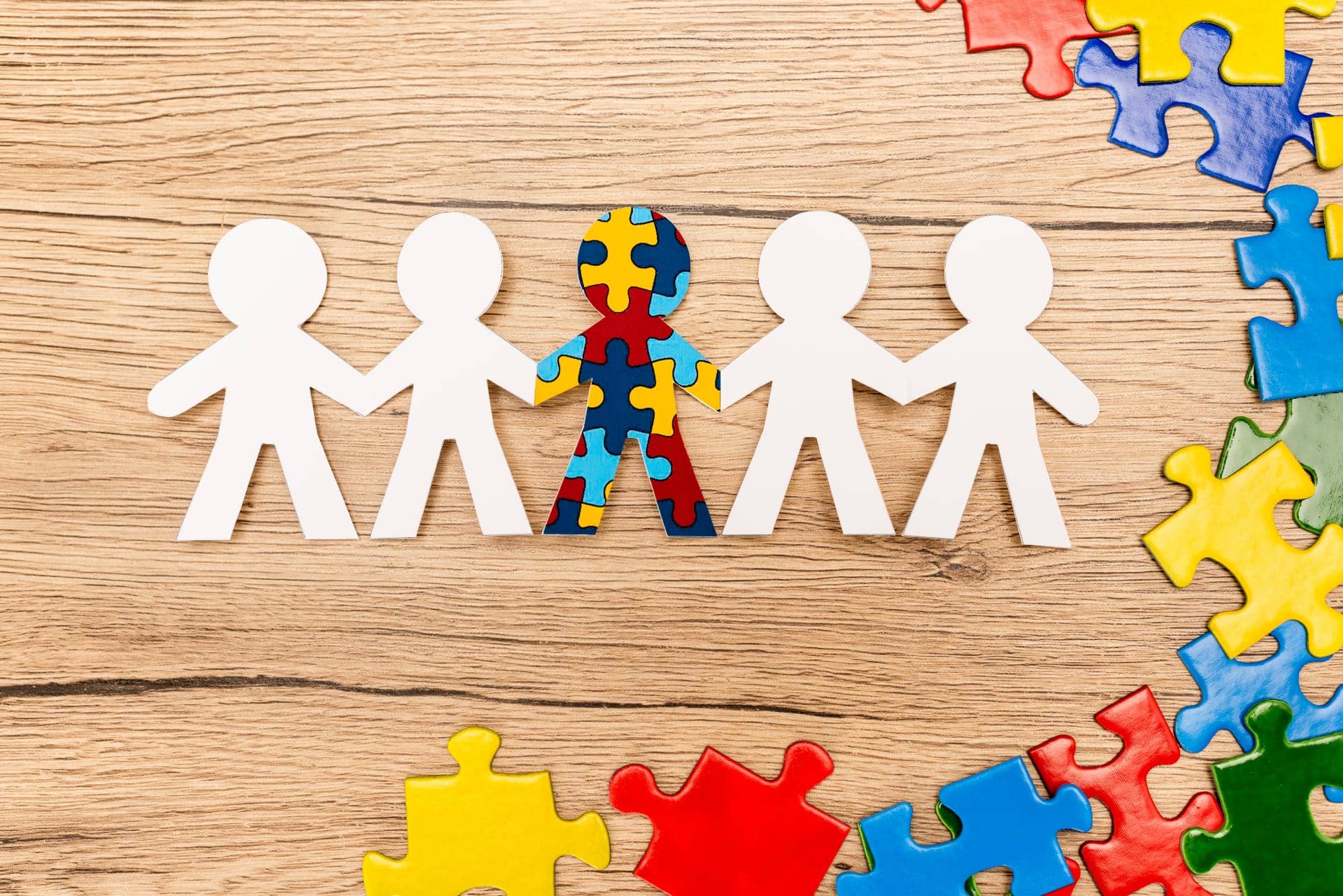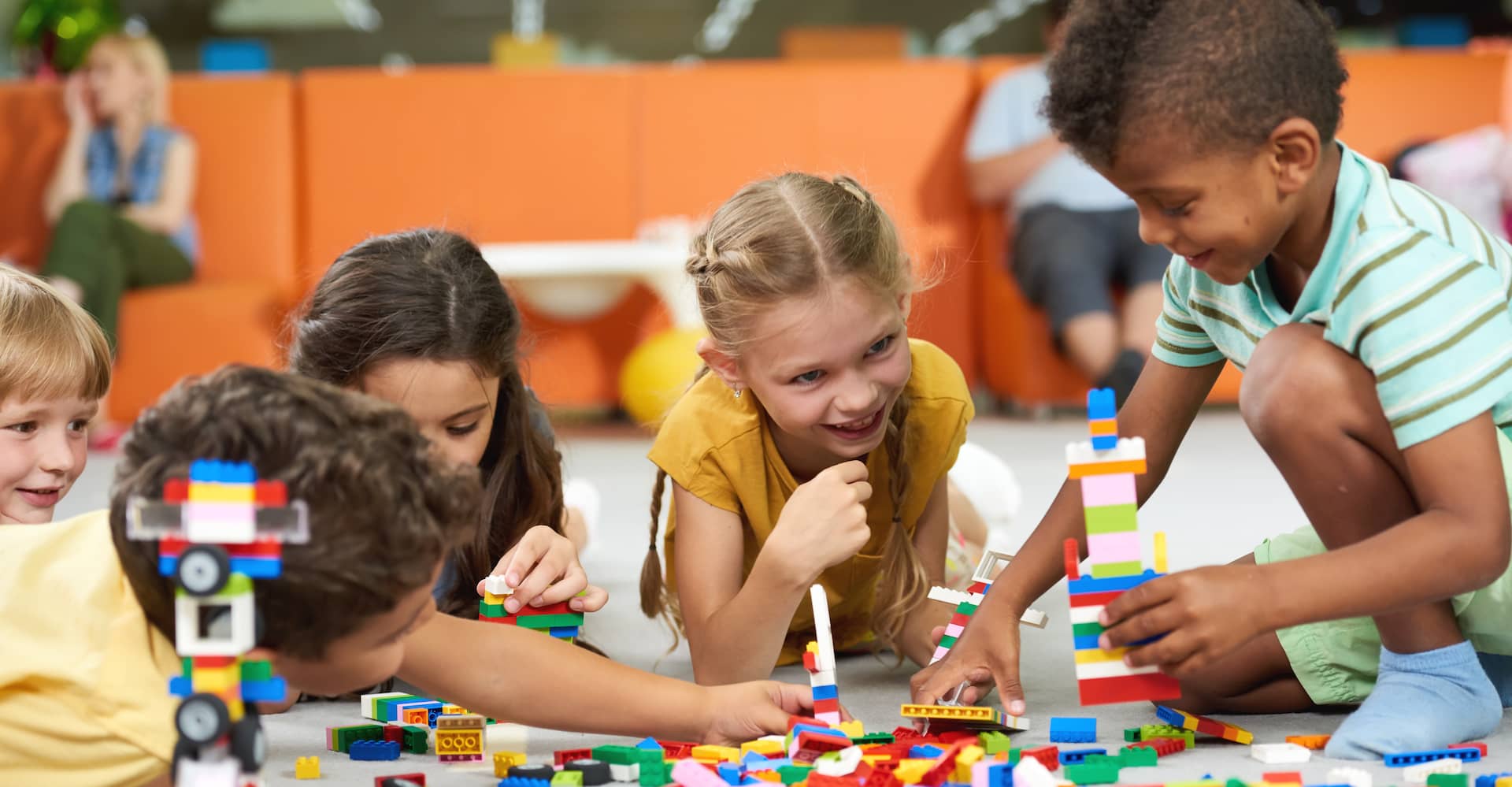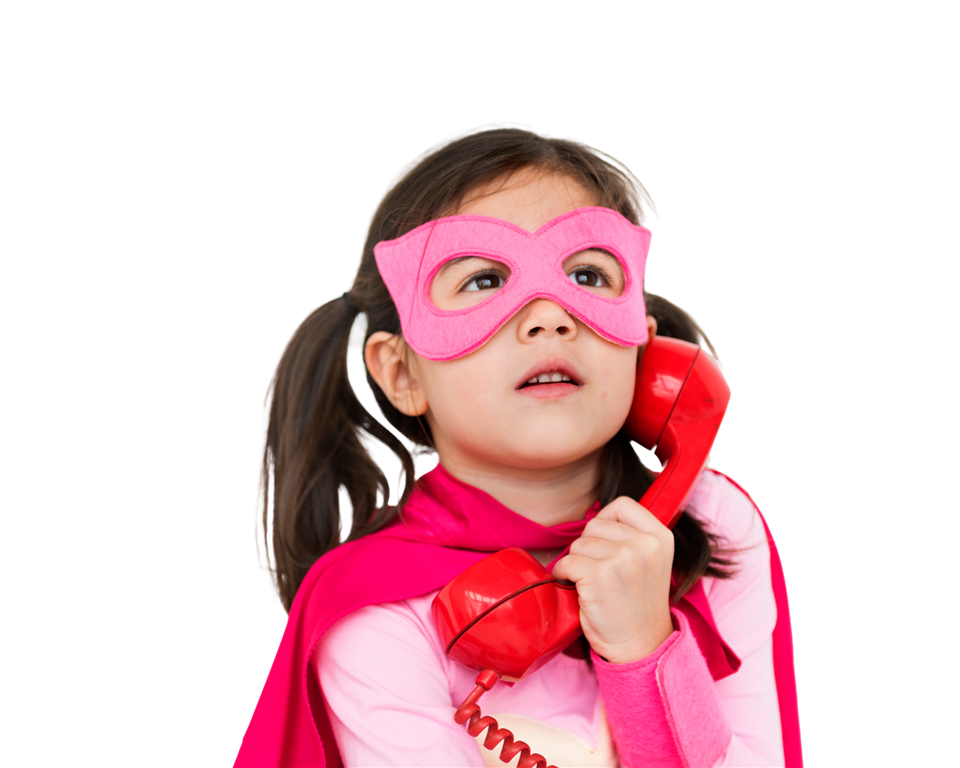Social and emotional development is a critical aspect of early childhood education, and educators play a vital role in helping young children develop these skills. By fostering positive relationships, creating a safe and supportive environment, and using engaging and interactive activities, educators can help promote social and emotional development.
Social and Emotional Development
One way to promote social and emotional development is by encouraging positive relationships among children. Children should be encouraged to play and work together, help each other, and show empathy towards one another. Educators can model positive behaviour and coach children through conflicts to help them develop these skills. Creating a positive and inclusive environment, where everyone is respected, and children feel safe and supported, helps promote social and emotional development as well.
Storytelling and role-play
Storytelling and role-play are excellent ways for children to express their emotions and learn social skills. Using puppets or other props, children can act out different situations that they might face and learn how to deal with them. This helps children develop problem-solving skills and build empathy towards others. Similarly, mindfulness activities such as deep breathing, meditation, and yoga can help children regulate their emotions, reduce stress, and improve their attention.

Cooperative games
Cooperative games are fun and interactive ways to promote teamwork, collaboration, and social skills. Games like “Red Light, Green Light” or “Simon Says” help children learn to follow directions and work together. Emotion recognition activities can also help children learn how to recognize and express their emotions. Educators can use scenarios that challenge children to think critically and work together to find solutions, promoting social problem-solving skills.


Daily reflection
Daily reflection and check-ins are another way to help children learn to identify their emotions. By asking them to share how they are feeling at the beginning and end of each day, educators can help children develop emotional intelligence and self-awareness. Creative arts like drawing, painting, and music can also be used to help children express their emotions in a safe and creative way, promoting imagination and communication skills.
Finally, service learning projects are a great way for children to develop empathy and a sense of community. These projects can involve collecting items for a charity, being a part of a community garden or visiting elderly people living in the community. Children can learn how to help others and make a positive impact on their community, helping them develop a sense of social responsibility.
Together with positive relationships, a stimulating environment and these kinds of interactive and engaging activities, children can develop a strong social and emotional foundation. These skills will not only help them as they transition to school but also throughout their lives.






